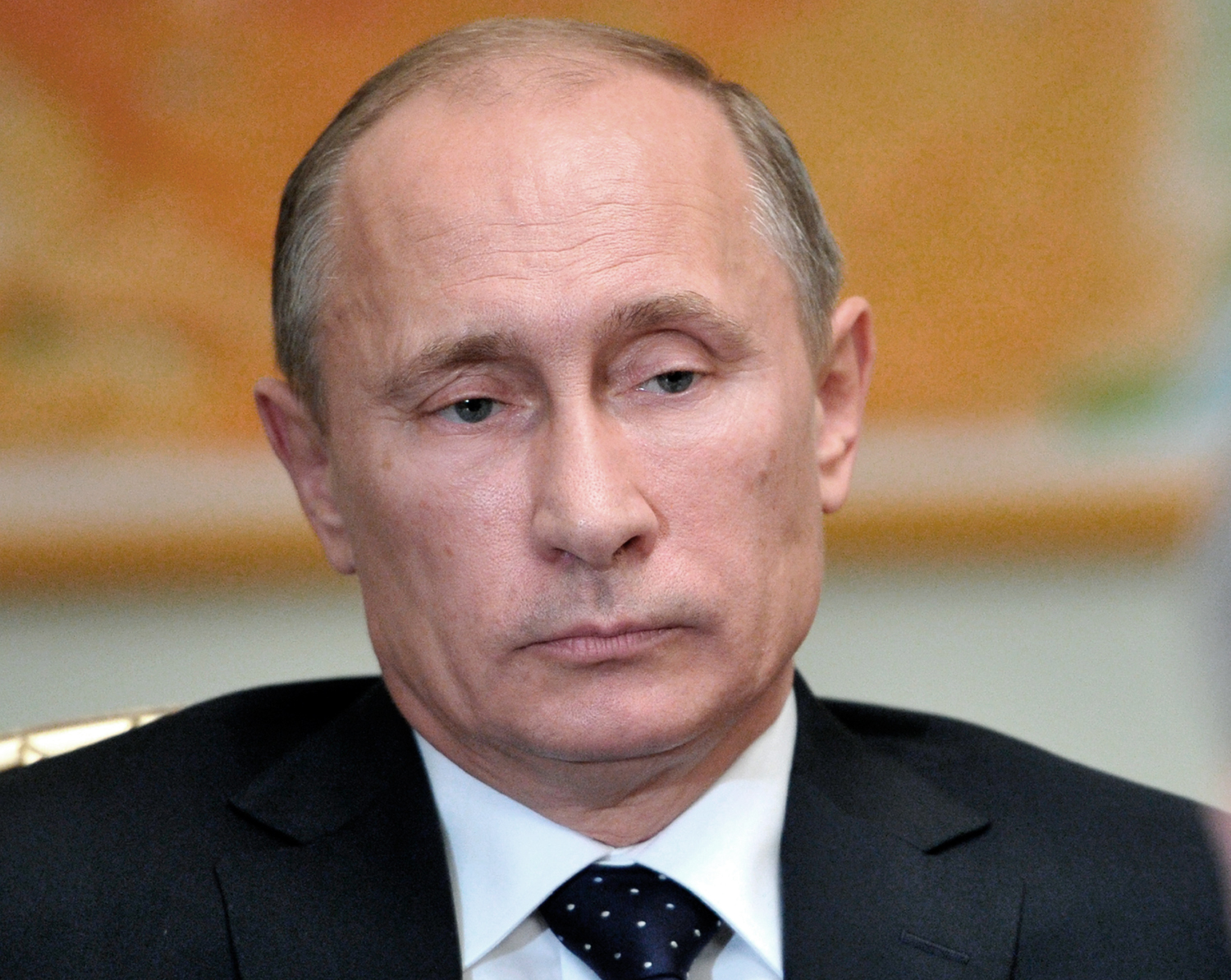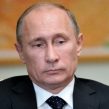
The Pause in the Ukraine War Is Not Putin’s Victory
Publication: Eurasia Daily Monitor Volume: 11 Issue: 161
By:

The tragic battles around Donetsk and Luhansk (collectively known as the Donbas region) have taken a pause, and as civilians try to rebuild a semblance of normal life, leaders are figuring out how to now move forward. In his first 100 days, Ukrainian President Petro Poroshenko has shown the ability to absorb hard blows, but now he needs to find both resolve to rebuild confidence in his shell-shocked country and caution to avoid a full-blown war with Russia. It is, however, Russian President Vladimir Putin who is finding himself in an impossible and entirely self-made jam. He has avoided a humiliating defeat in eastern Ukraine by sending in thousands of Russian troops and has effectively dictated the terms of the ceasefire. But now he has to balance these slim gains against heavy and mounting losses (Forbes.ru, September 10). What aggravates this negative balance is Moscow’s complete lack of achievable aims and sustainable strategy.
The ceasefire provides desperately needed relief for all the parties to this violent conflict, but it appears rather improbable that the hostilities can be forever “frozen” along the highly capricious frontline (Novaya Gazeta, September 9). The Russia-backed “rebels”—a peculiar collection of agent provocateurs—seemingly cannot accept Poroshenko’s proposal for a “special status” for eastern Ukraine, but neither can they form a quasi-state out of the rump “Novorossiya” (Slon.ru, September 12). The territory they control is too small to make political or economic sense, but too big for Russia to fully support—except by sending another humanitarian convoy (Lenta.ru, September 13). Whatever ambivalent support for breaking free from Kyiv’s control there may have been among the millions of civilians caught in the furious civil war, it is almost certain to evaporate as the real meaning of “independence” becomes clear (Colta.ru, September 11).
Moreover, the new sanctions imposed on Russia by the United States and the European Union last Friday (September 12), have directly spoiled any victory in Donbas that Putin may have imagined (Kommersant, September 13). His fake puzzlement—“I cannot fathom what these latest sanctions are actually about”—do not hide the Russian president’s real irritation with the determination again demonstrated by “our [Russia’s] Western partners” to punish the blatant violation of peace in Europe (kremlin.ru, September 12). Moscow has duly withdrawn most of its troops from Ukrainian territory and expected that the Europeans’ desire to preserve the ceasefire would weaken any EU resolve to sever business ties with the crucially important Russian market (Nezavisimaya Gazeta, September 5). Now, Putin claims that new Western sanctions are designed to undermine the “peace process,” which he will almost certainly try to prove using Russian propaganda methods (Gazeta.ru, September 12). Meanwhile, any possibility for peace in Donetsk and Luhansk is, nevertheless, unlikely to work to Putin’s advantage for as long as Ukraine moves ahead with rebuilding its statehood, reforming the economy and staging parliamentary elections.
The pause lifts the fog of war from the area where Russia is most acutely in trouble—the economy, where the new sanctions are hitting hard against Russia’s oil and gas export business, its pivotal and most vulnerable sector. World oil prices are sliding, and Russian production is set to experience a sharp contraction. This is not so much because of the curtailment on Russia’s Arctic exploration, but primarily because the projects aimed at keeping up the yield from the old fields by using modern technologies have also been put on hold (Gazeta.ru, September 12). As the government prepares counter-sanctions (which are certain to self-inflict more economic damage), experts begin to construct scenarios of GDP contraction in the range of 6–8 percent (RBC Daily, September 12). Gazprom, meanwhile, has delivered the first salvo in the gathering “gas war” by cutting supplies to Poland and Slovakia, making them unable to send any extra natural gas to Ukraine (Newsru.com, September 13). The Russian gas giant’s profits have decreased by 40 percent, and the company probably feels that it has nothing left to lose in terms of its reputation. Yet, the impact of US sanctions is certain to add to its misfortunes (RBC, September 12).
Putin keeps insisting that the West’s sanctions are backfiring on the stagnating European economies. However, the Russian government’s orders to close McDonald’s restaurants or the deployment of OMON special forces to investigate an IKEA store in Moscow hardly add convincing power to this line of reasoning (Grani.ru, September 12). Many business interests in Europe are indeed hurt by the interruption of economic ties with Russia, and some of them are still lobbying to ease the sanctions. But for most, it has become clear that any exposure to this market is not only highly risky but also damaging to one’s own reputation—ultimately, bad for business (Forbes.ru, September 10). The Russian government has long abandoned its guidelines on improving the investment climate and is now vacillating between containing inflation (spurred by the sanctions and counter-sanctions, currently at 10 percent) and pumping money into wasteful and cash-starved state-owned corporations (Slon.ru, September 12). The war in Ukraine has no stimulating economic impact for Russia domestically, while every pause in this war only brings the dismal prospect of economic collapse to the forefront.
Putin, apparently, has no clue how to re-start economic growth—and seemingly lacks anything resembling a strategy for the Ukraine crisis. His approval ratings may be sky high, but no amount of propaganda prepares the “patriotic” electorate for the coming contraction of incomes or boosts Russians eagerness to work toward a “victory” that could turn eastern Ukraine into a massive burden for Russia (Forbes.ru, September 11). Anti-US and anti-Western hysteria has been fanned to levels unseen since the early years of the Cold War, but these feelings provide no basis for sustained mobilization to execute a positive program of any kind (Vedomosti, September 12).
While Russia cannot be turned into a Soviet-style war machine, Putin finds himself presiding over a war-intoxicated populace, which could begin to sober up during this uncertain pause in hostilities. The ensuing hangover, however, will be difficult to explain away as another Western conspiracy. The “hybrid war”—including artillery salvos as well as the export of corruption—initially appeared to be a useful political instrument for Moscow. But it has since turned out to be a complex trap. Putin has tried to back off and de-escalate this war several times—and is now half-way through another attempt—only to find out that his only path is forward, to a possible disaster of frightening proportions.




